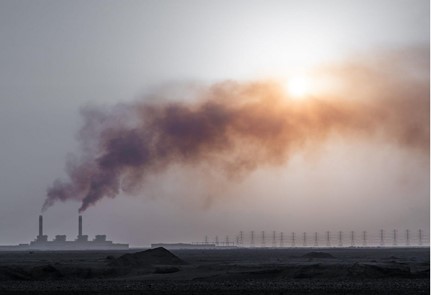
Policymakers have been
urged to consider increasing the default methane slip value to at least 6% for
the most common LNG engine on the back of the ICCT study which is based on data
collected by drones, helicopters, and onboard sensors during the two-year Fugitive
and Unburned Methane Emissions from the Ships (FUMES) project, a collaboration
between the ICCT, Danish emissions monitoring firm Explicit, and the
Netherlands Organization for Applied Scientific Research (TNO).
The authors of the FUMES
report claim it contains the most
comprehensive dataset of real-world methane emissions from LNG-fuelled ships to
date, including methane slip from engines and fugitive methane emissions
from LNG cargo unloading operations. Methane slip is the proportion of LNG fuel,
which consists mainly of methane, that escapes unburned from the engine.
Real-world methane slip measured in the plumes of 18 ships using the most
common type of LNG marine engine – the LPDF 4-stroke engine – averaged
6.4%, whereas EU regulations currently assume 3.1% methane slip and the
International Maritime Organization (IMO) assumes 3.5%.
The report therefore
recommends that EU and IMO policymakers consider increasing the default methane
slip value for LPDF 4-stroke engines to at least 6%.
Other results from the
study show that methane slip and work-specific NOx emissions were highest at
the lowest engine loads.
Two other future fuel reports – both with links to
the gas industry – have also been published in recent days. UK consultancy
Thetius was tasked by SEA-LNG, a lobby group for LNG as a ship fuel, to develop an alternative fuels
barometer. The study claimed LNG and biofuels stand out as today’s
alternatives, while methanol and electrical are viewed as capacity-constrained,
hydrogen and ammonia are deemed capable future fuels, while nuclear is seen as
a moonshot.
Despite perceptions, most methanol today, according
to the Thetius report, is fossil-fuel-derived grey methanol with high emissions
while green methanol scalability is viewed as a significant challenge.